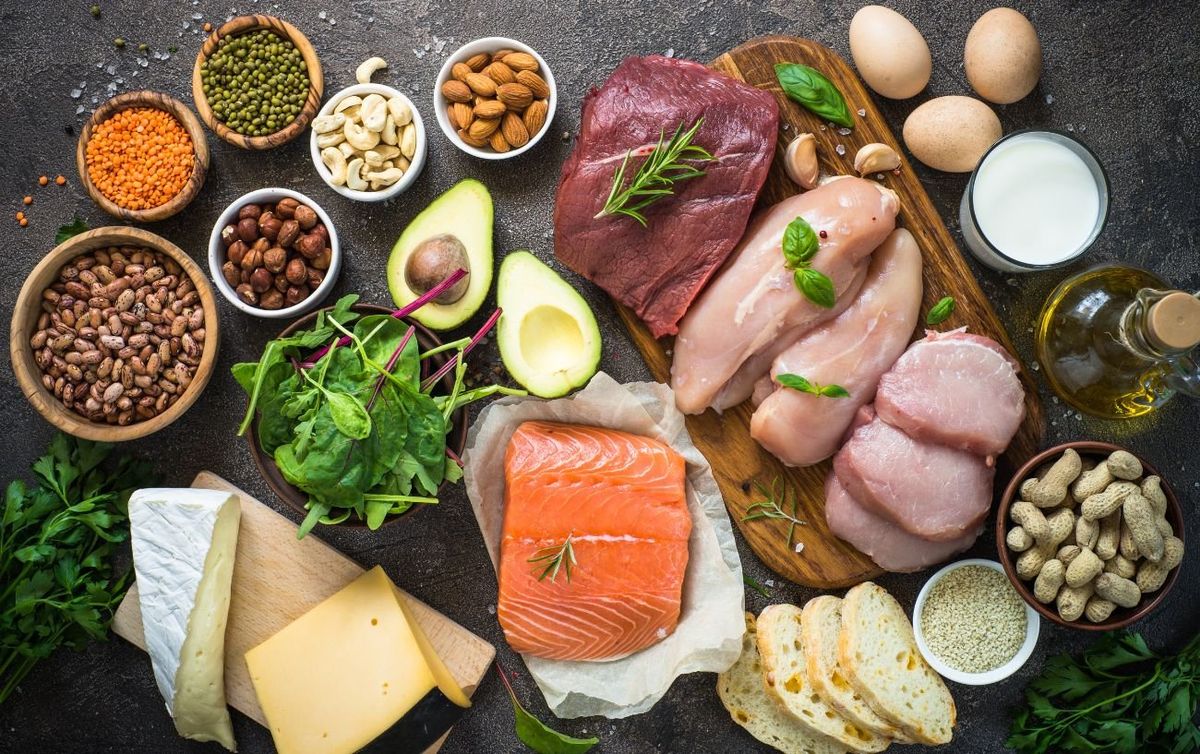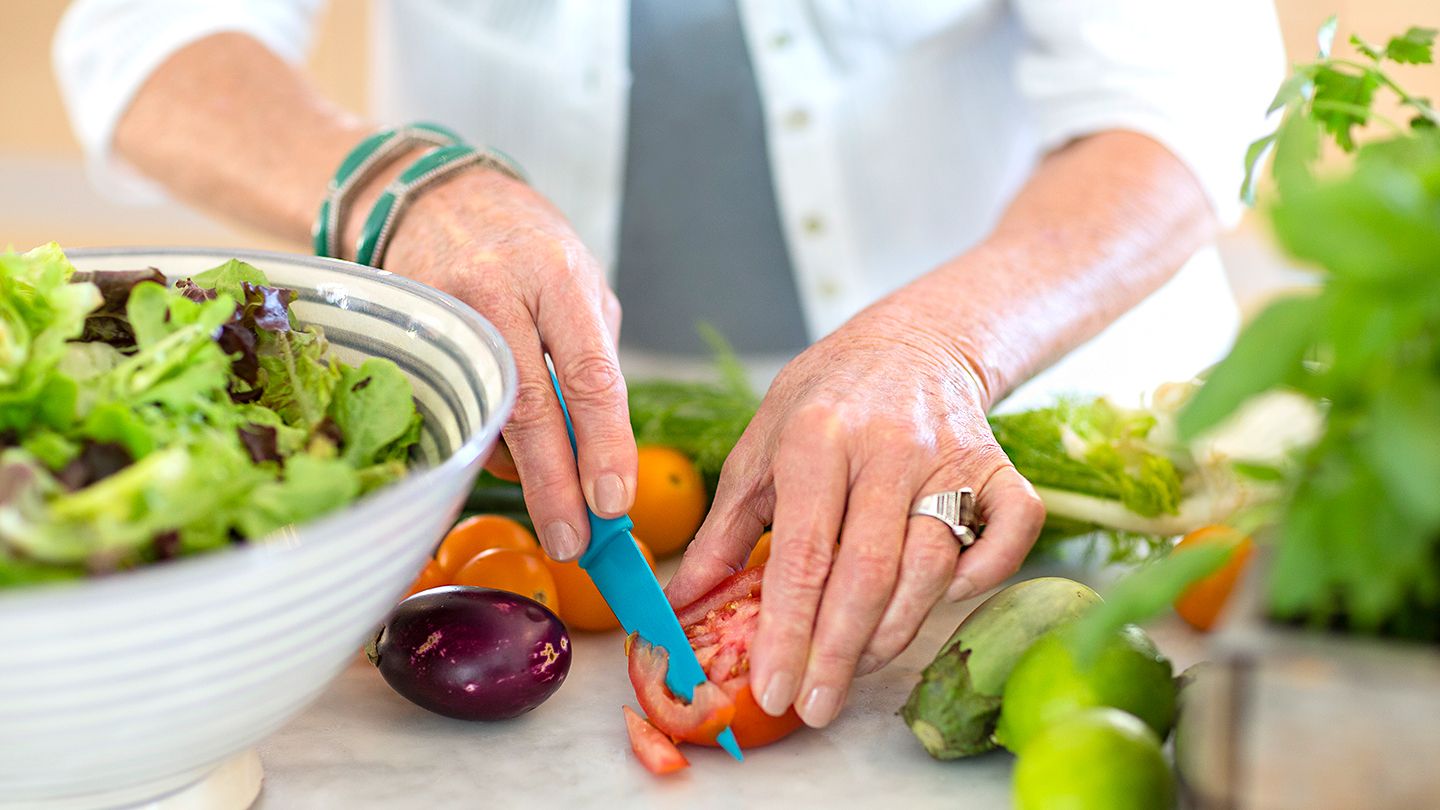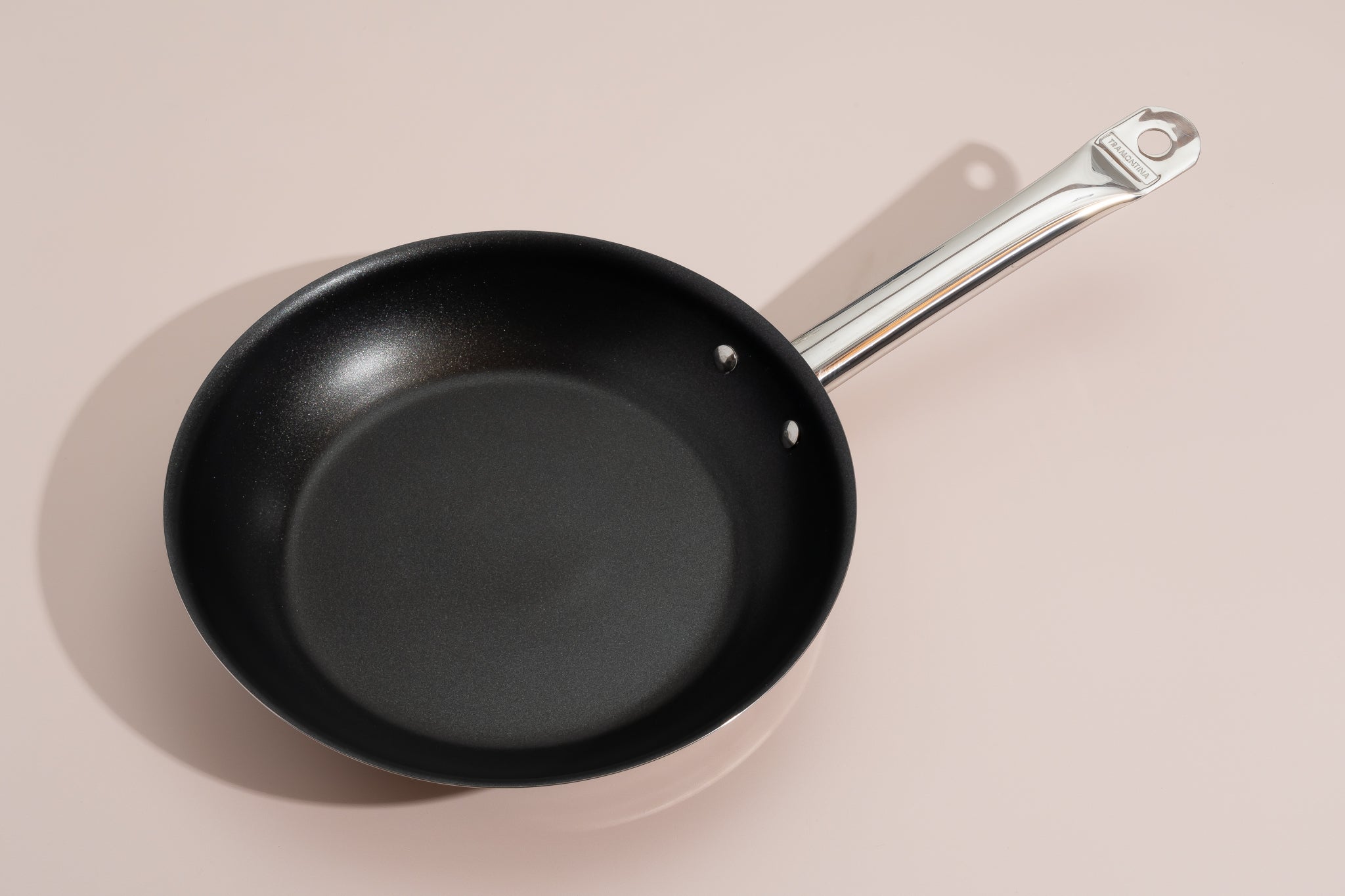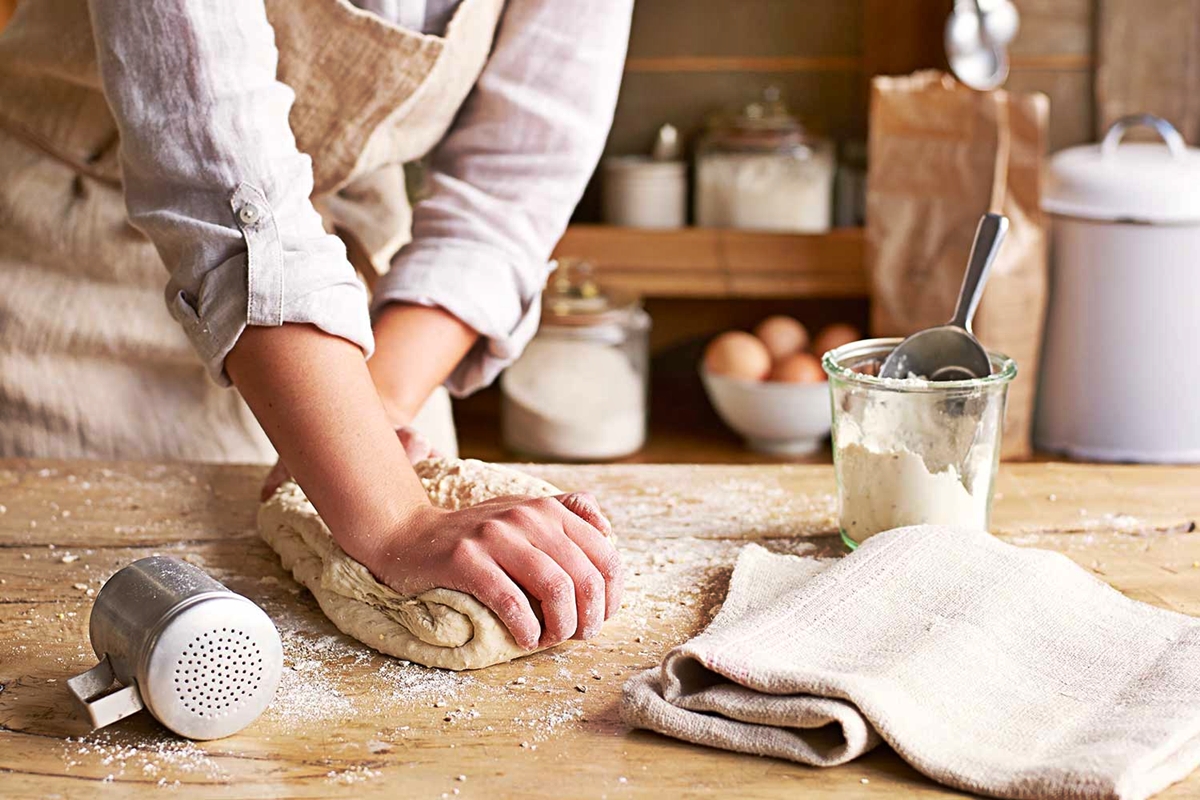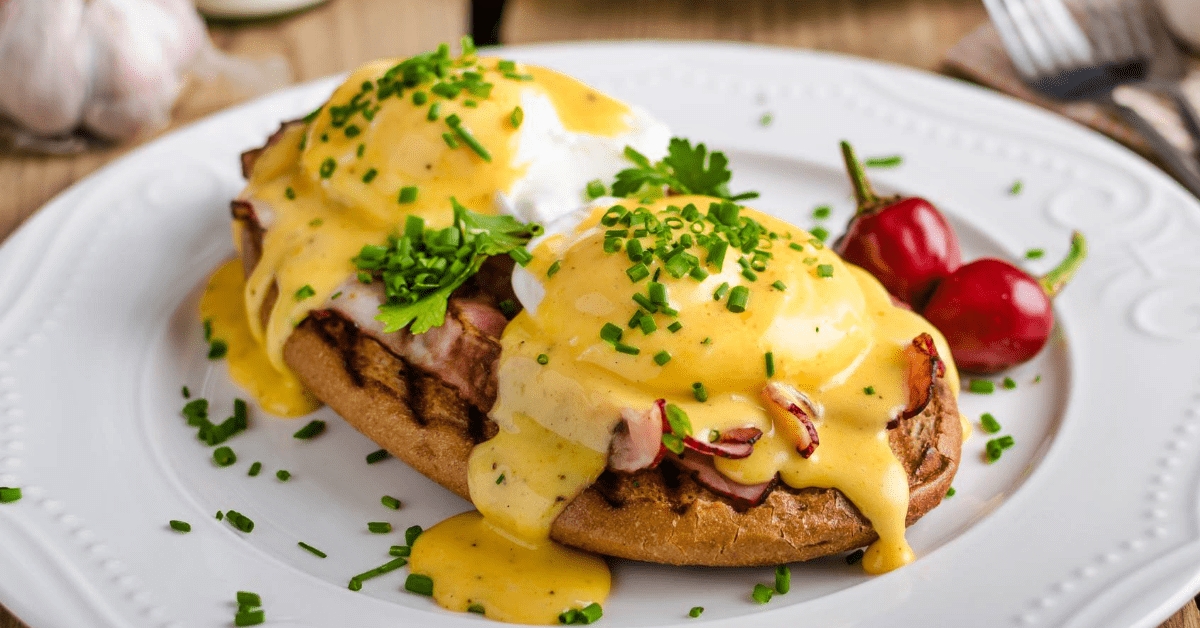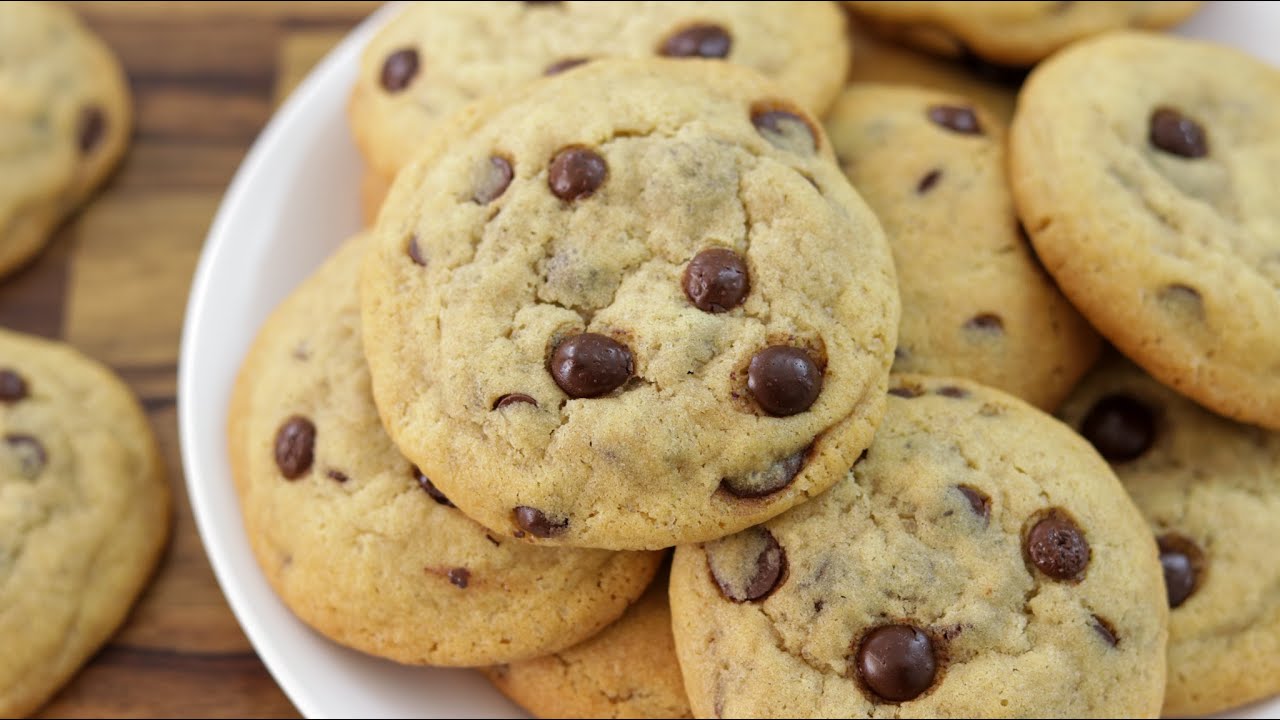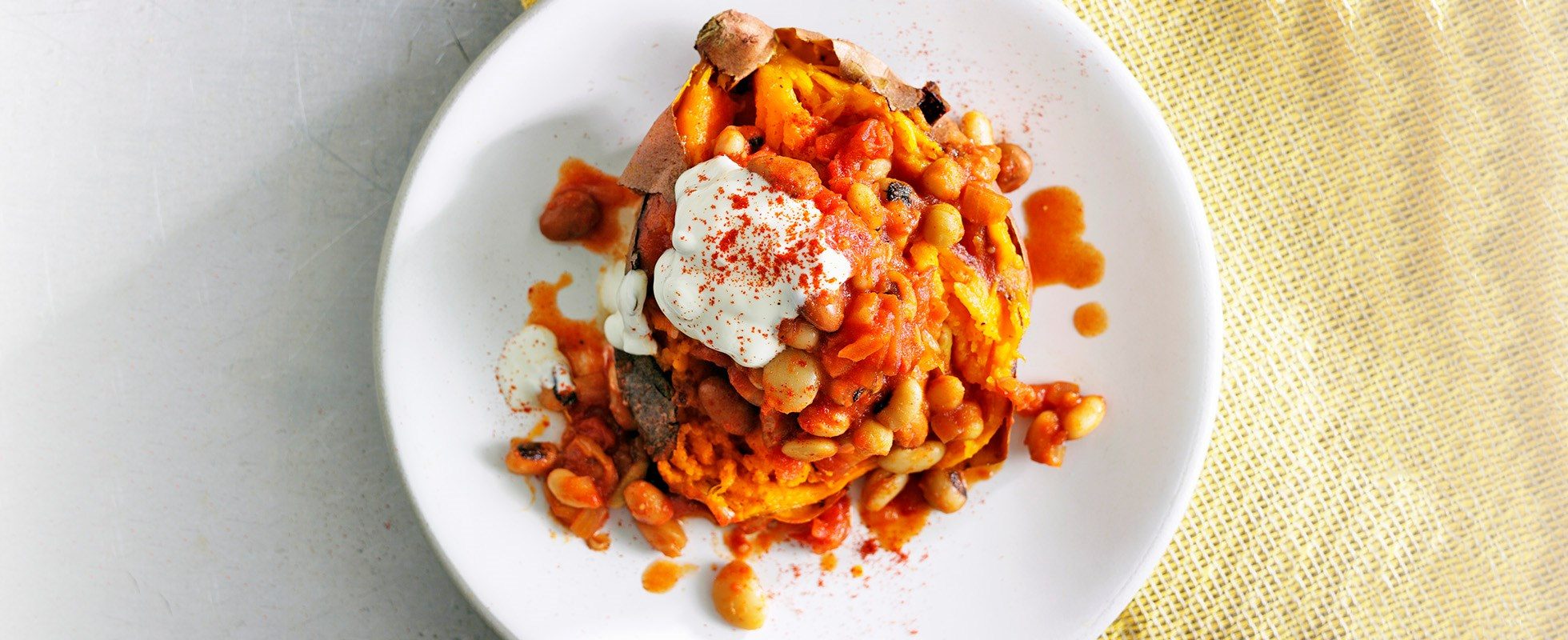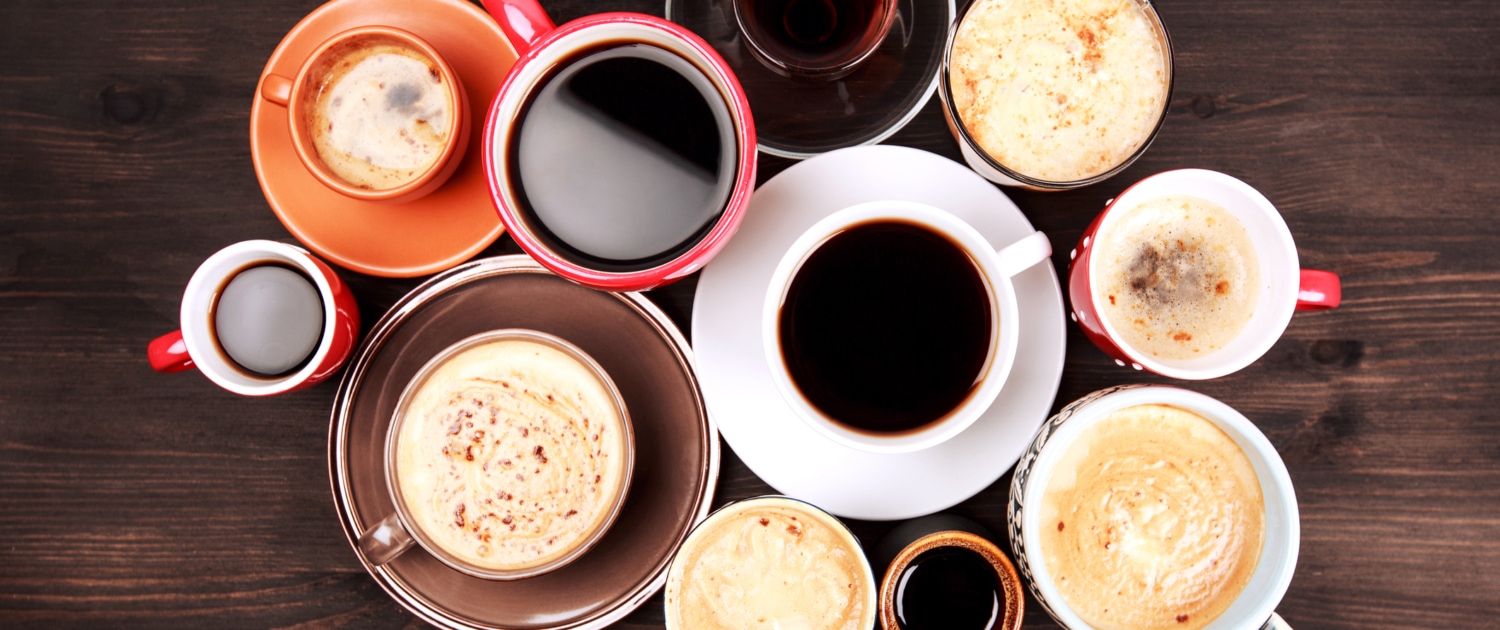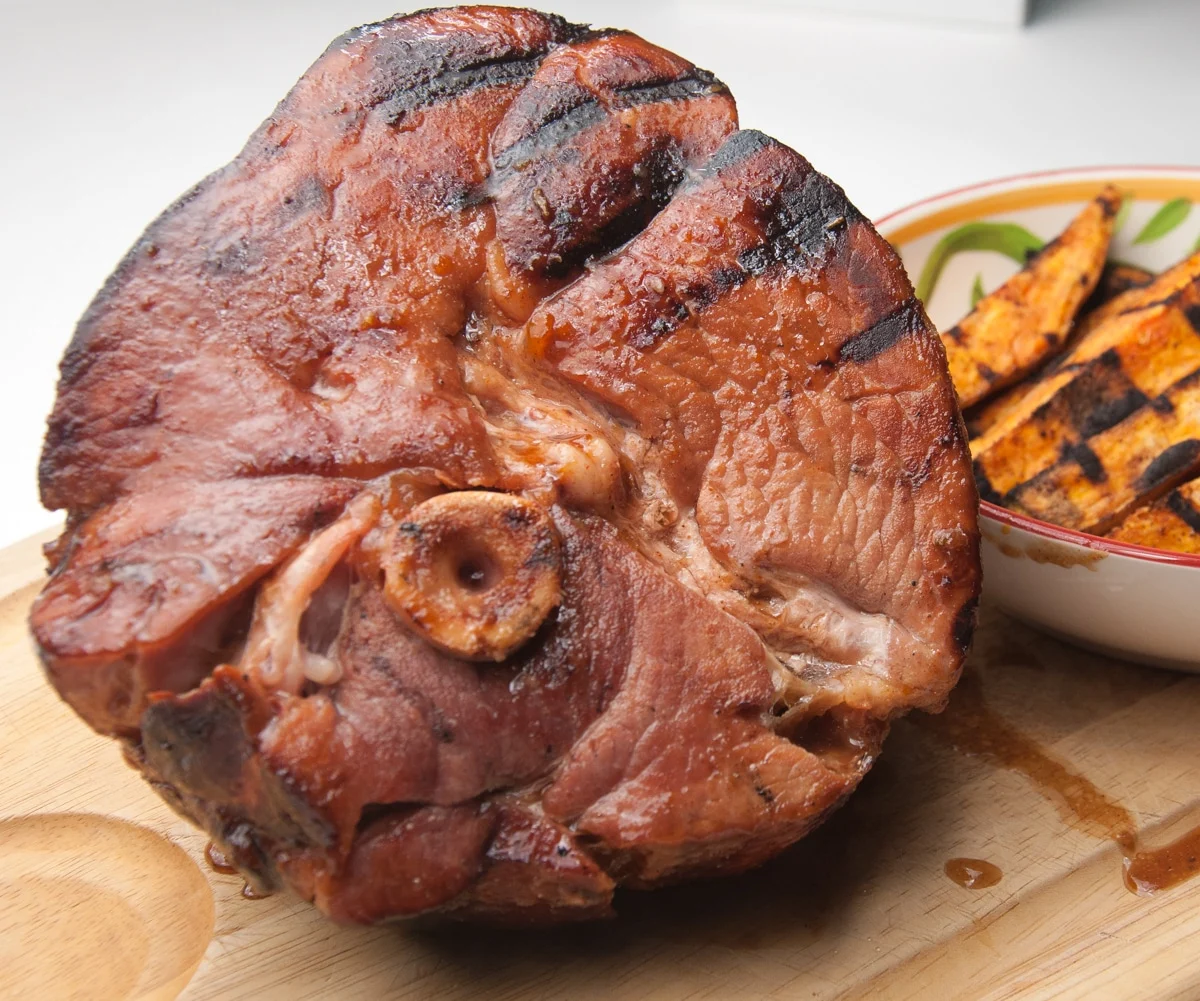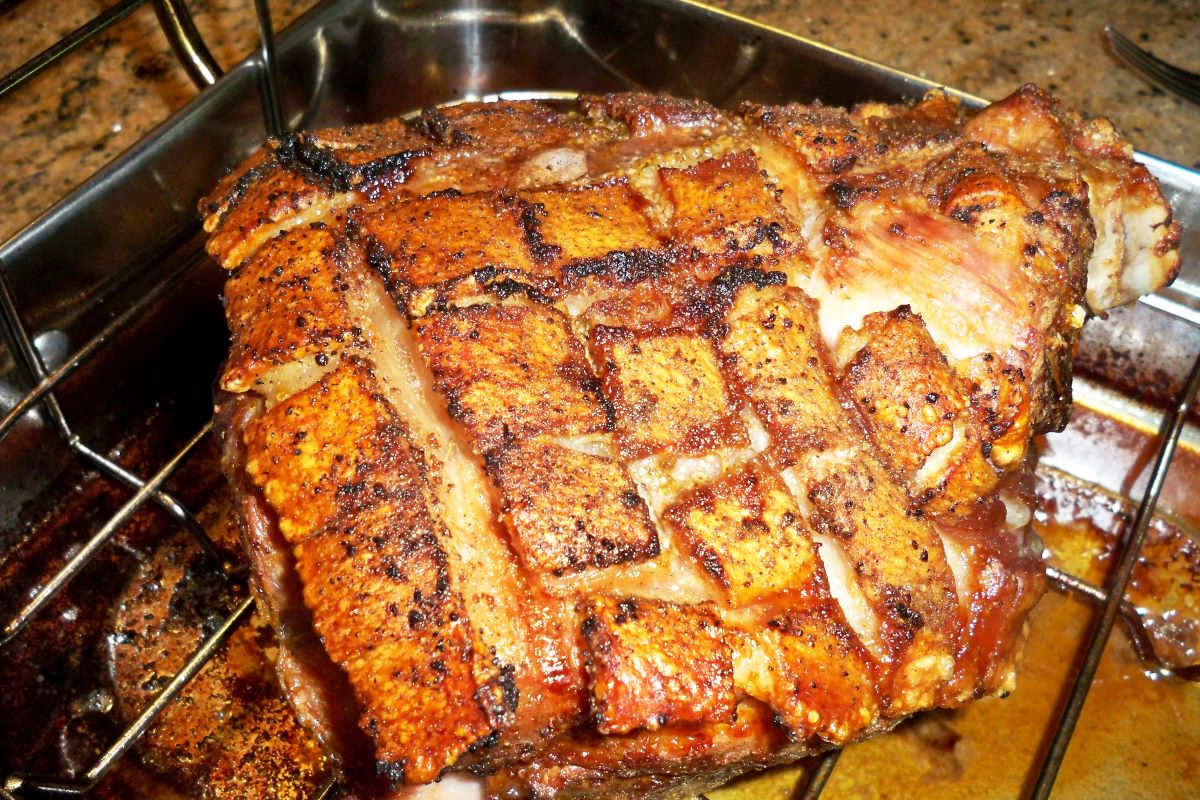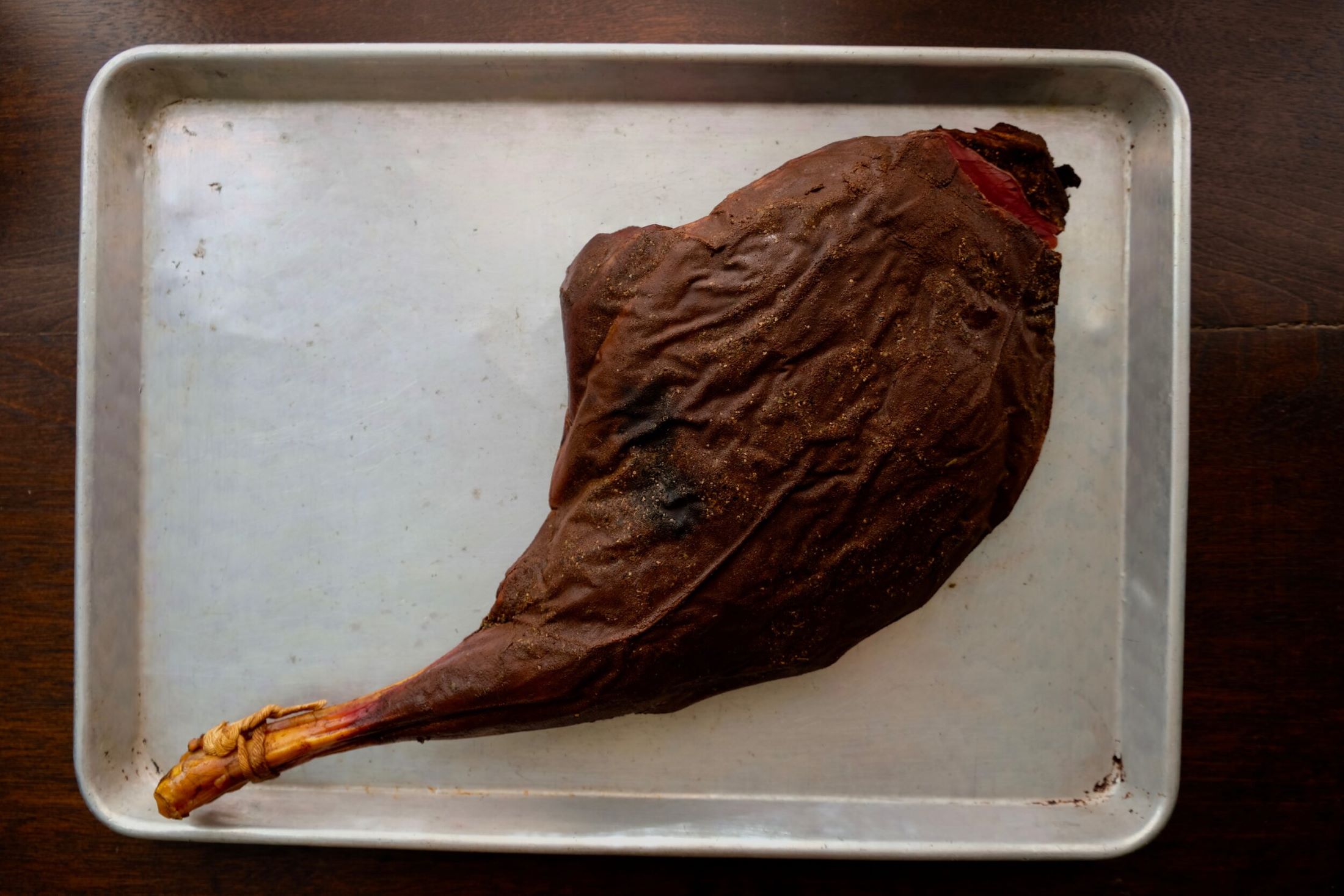Your Guide To Energy-Efficient Cooking
Cooking is an essential part of our daily lives, but did you know that it can also have an impact on the environment? Energy-efficient cooking is not only good for the planet, but it can also help you save on your utility bills. In this guide, we will explore some simple yet effective ways to cook in an environmentally friendly manner.
1. Choose the Right Cookware
Using the right cookware can make a significant difference in your energy consumption. Opt for pots and pans that have a heavy bottom and are made from materials such as stainless steel or cast iron. These materials distribute heat more evenly, allowing you to lower the heat and still achieve the desired cooking results. Avoid using oversized cookware for smaller portions as it can waste energy.
2. Match Burner Size to Pot Size
When using a stovetop, make sure to use a burner that matches the size of your pot or pan. Using a smaller burner for a larger pot will result in heat loss as the flames will escape from the sides. By using the appropriately sized burner, you can ensure that all the heat is directed towards your cookware, minimizing energy waste.
3. Keep Lids On
One simple yet effective way to save energy while cooking is to keep the lids on your pots and pans. By trapping the heat inside, you can speed up the cooking process and retain more of the energy being used. This will also help you avoid the need for higher heat settings, resulting in significant energy savings over time.
4. Cook in Batches
Cooking in batches is not only convenient but also energy-efficient. When using your oven, it takes time for it to reach the desired temperature. Instead of using the oven multiple times for separate dishes, try incorporating multiple dishes into one baking session. This will maximize each use and reduce energy waste.
5. Optimize Oven Usage
When using the oven, preheating is often necessary. However, many recipes may not actually require it. Unless specifically mentioned, you can skip preheating and put your food straight into the oven. Additionally, avoid opening the oven door unnecessarily as it causes heat loss and requires more energy to bring the temperature back up. Use the oven light and window to check on your food instead.
6. Use Efficient Appliances
If you’re in the market for new cooking appliances, consider investing in energy-efficient models. Look for products with the ENERGY STAR label, which denotes energy efficiency. These appliances are designed to consume less energy without compromising performance, allowing you to cook your favorite meals with a smaller carbon footprint.
7. Embrace Alternative Cooking Methods
Think beyond traditional stovetop and oven cooking methods. Explore alternative options such as slow cookers, pressure cookers, or even solar cookers. These methods can be more energy-efficient and offer unique flavors and textures to your dishes.
Conclusion
By incorporating these energy-efficient cooking tips into your culinary routine, you can make a positive impact on the environment while enjoying delicious meals. Remember, small changes can make a big difference, so start implementing these practices today and become a more environmentally conscious cook.
Do you have any other energy-efficient cooking tips to share? Let us know in the comments below!
